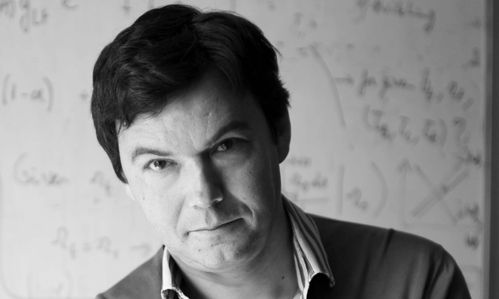Thomas Piketty Conference

Capital in the 21st Century, the work that shot the French economist to international renown, provides the key material for the conference by Thomas Piketty taking place at 6.30pm on 27th April in the Grand Auditorium, with free entrance.
A professor at École des hautes études en sciences sociales and École d’économie de Paris, Thomas Piketty, aged 43, is one of the leading world specialists on inequality. He has spent the last 15 years of his career studying the dynamics driving the distribution of earnings and assets with this research forming the basis of his 2013 book Capital in the 21st Century. The book became as much a best seller as it was able to generate controversy, winning readers worldwide whilst also dividing opinions with its simple but brutal formula for explaining economic inequality:r > g.
“Over the long term, there is a tendency for the rate of profitability of capital to exceed the growth rate of the economy and this drives a major concentration in wealth”, Piketty explained in a TED Talk recorded in Berlin last June and available online. Piketty also suggests that we are heading towards levels of inequality equivalent to those of the pre-industrial era.
Following his publishing in 2011 of Les hauts revenus en France au xxe siècle. Inégalités et redistributions, 1901-1998, a book that itself elicited substantial economic debate, in Capital in the 21st Century, a work the author deems “as much a history book as an economics book” and dedicated to the “well-being of future generations”, Thomas Piketty spans three centuries to analyse data from 20 countries and tracing fundamental underlying socio-economic patterns.
The almost 900 page long tomb has now been published by Temas e Debates in Portuguese with the influential Paul Krugman referring to the book as “a revolution” in the way we perceive long term trends in inequality. “Piketty wrote a truly superb book. This is a work that combines a major historical reach – when was the last time that you heard an economist invoke Jane Austen and Balzac? – with refined analysis of data”, highlighted the North American economist in The New York Review of Books. “This is a book that is going to transform both the way in which we think about society and the way we study economics.”
